Gender: An Update and a Challenge
Written by: Joanna Skinner, Breakthrough ACTION Population and Reproductive Health Team Lead
The evidence continues to gather on the importance of integrating gender into all health and development work. The recent Lancet series on gender equality, norms, and health provides a much-needed overview of the issue, including new insights from global survey data. For example, analysis from one of the papers showed that in Nigeria, women who work outside the home when it is not the norm to do so, experience higher rates of interpersonal violence. In Zambia, going against gender norms around sexual behavior showed an increased risk of HIV infection (Weber et al., 2019).
As social and behavior change (SBC) professionals, we know that our work has the power to make a difference, yet gender is often not well integrated into our projects and activities. Some fantastic examples exist of programs that have intentionally addressed gender as shared in an updated Trending Topic on Gender in The Compass for SBC. Many of these projects have documented their work and made their tools and resources available for all—a small selection of which are featured in the updated Trending Topic.
As the concluding paper in the Lancet series highlights, the time to act is now. Challenge yourself to read about one of the resources included in the Trending Topic and apply it to your work.
Have you integrated gender into your SBC work? Share your experiences with other SBC practitioners by uploading it to The Compass.

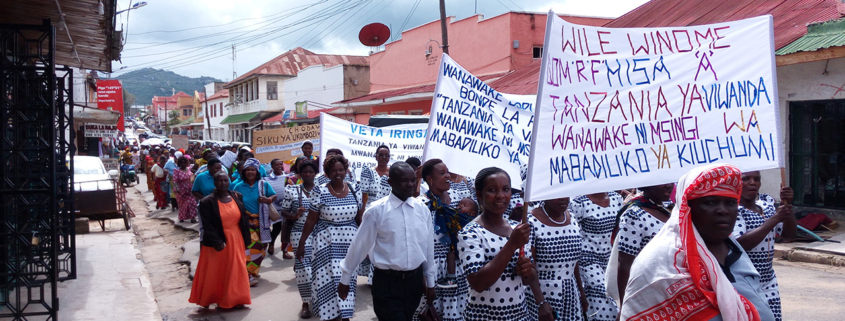 Rebekah Munnikhuysen/US Peace Corps/Photoshare
Rebekah Munnikhuysen/US Peace Corps/Photoshare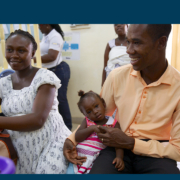 Sarah Hoibak/VectorWorks/Photoshare
Sarah Hoibak/VectorWorks/Photoshare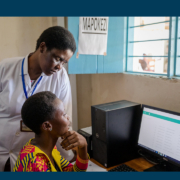 Rachel Chilton/USAID/Flickr
Rachel Chilton/USAID/Flickr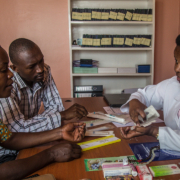 Yagazie Emezi/Getty Images/Images of Empowerment
Yagazie Emezi/Getty Images/Images of Empowerment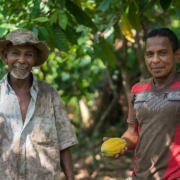 USAID/Flickr
USAID/Flickr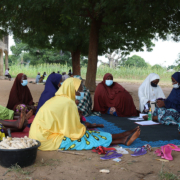 Breakthrough ACTION-Nigeria
Breakthrough ACTION-Nigeria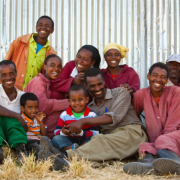 Morgana Wingard/USAID
Morgana Wingard/USAID